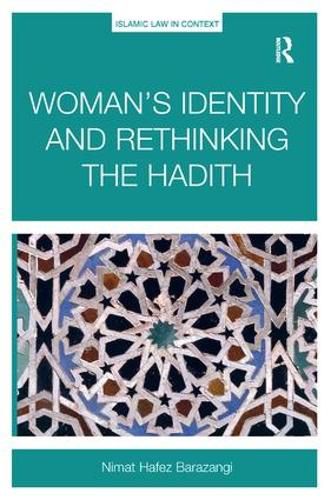Readings Newsletter
Become a Readings Member to make your shopping experience even easier.
Sign in or sign up for free!
You’re not far away from qualifying for FREE standard shipping within Australia
You’ve qualified for FREE standard shipping within Australia
The cart is loading…






The Prophet Muhammad’s reported traditions have evolved significantly to affect the social, cultural, and political lives of all Muslims. Though centuries of scholarship were spent on the authentication and trustworthiness of the narrators, there has been less study focused on the contents of these narratives, known as Hadith or Sunnah, and their corroboration by the Qur"an. This book is a first step in a comprehensive attempt to contrast Hadith with the Qur"an in order to uncover some of the unjust practices by Muslims concerning women and gender issues. Using specific examples the author helps the reader appreciate and understand the magnitude of the problem. It is argued that the human rights and the human development of Muslim women will not progress in a meaningful and sustainable manner until the Hadith is re-examined in a fresh new approach from within the Islamic framework, shifting the discourse in understanding Islam from a dogmatic religious law to a religio-moral rational worldview. The author argues that such re-examination requires the involvement of women in order to affirm their authority in exegetical and practical leadership within Muslim societies, and she encourages Muslim women to stand up for their rights to effect change in understanding the role of sunnah in their own life.
$9.00 standard shipping within Australia
FREE standard shipping within Australia for orders over $100.00
Express & International shipping calculated at checkout
The Prophet Muhammad’s reported traditions have evolved significantly to affect the social, cultural, and political lives of all Muslims. Though centuries of scholarship were spent on the authentication and trustworthiness of the narrators, there has been less study focused on the contents of these narratives, known as Hadith or Sunnah, and their corroboration by the Qur"an. This book is a first step in a comprehensive attempt to contrast Hadith with the Qur"an in order to uncover some of the unjust practices by Muslims concerning women and gender issues. Using specific examples the author helps the reader appreciate and understand the magnitude of the problem. It is argued that the human rights and the human development of Muslim women will not progress in a meaningful and sustainable manner until the Hadith is re-examined in a fresh new approach from within the Islamic framework, shifting the discourse in understanding Islam from a dogmatic religious law to a religio-moral rational worldview. The author argues that such re-examination requires the involvement of women in order to affirm their authority in exegetical and practical leadership within Muslim societies, and she encourages Muslim women to stand up for their rights to effect change in understanding the role of sunnah in their own life.